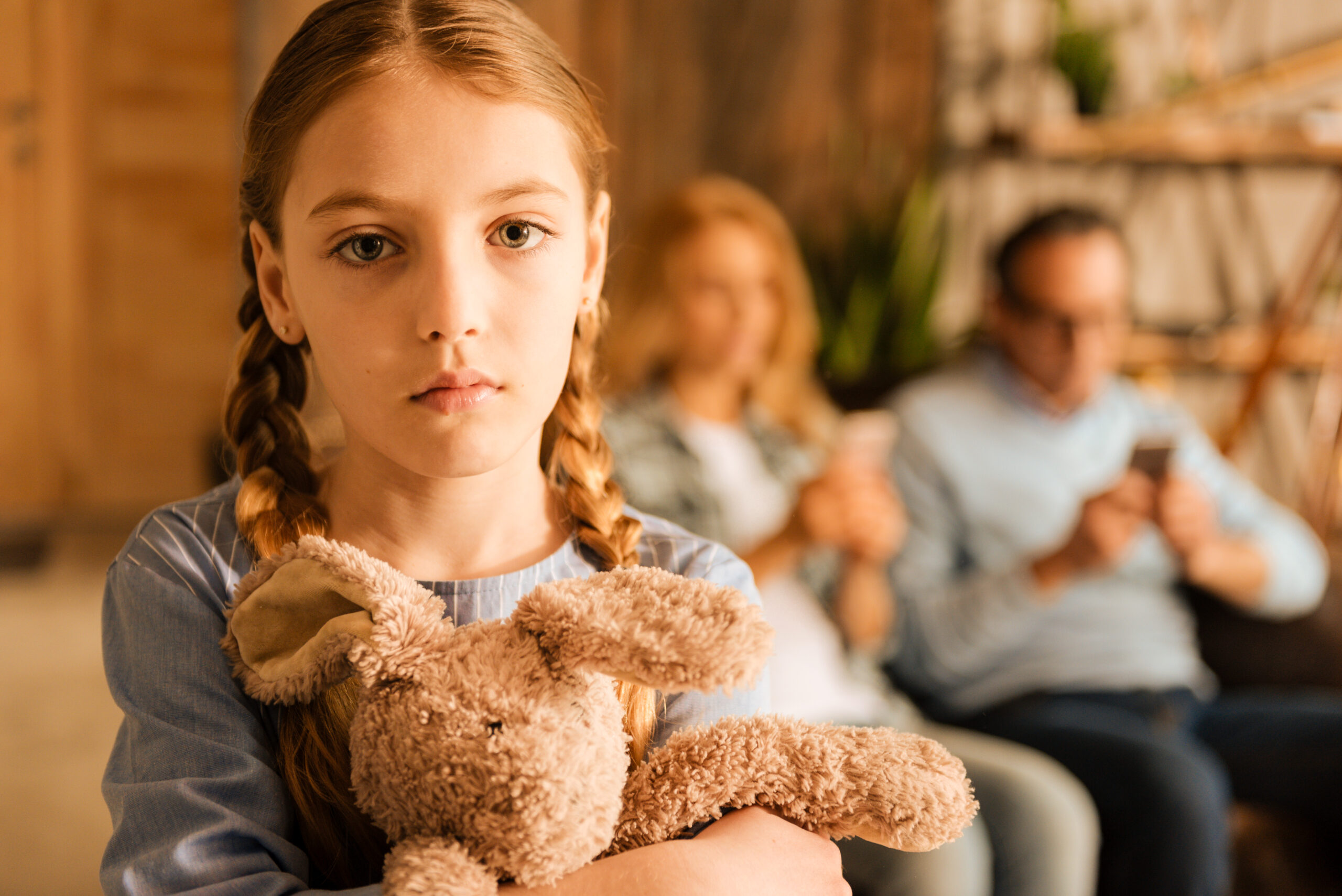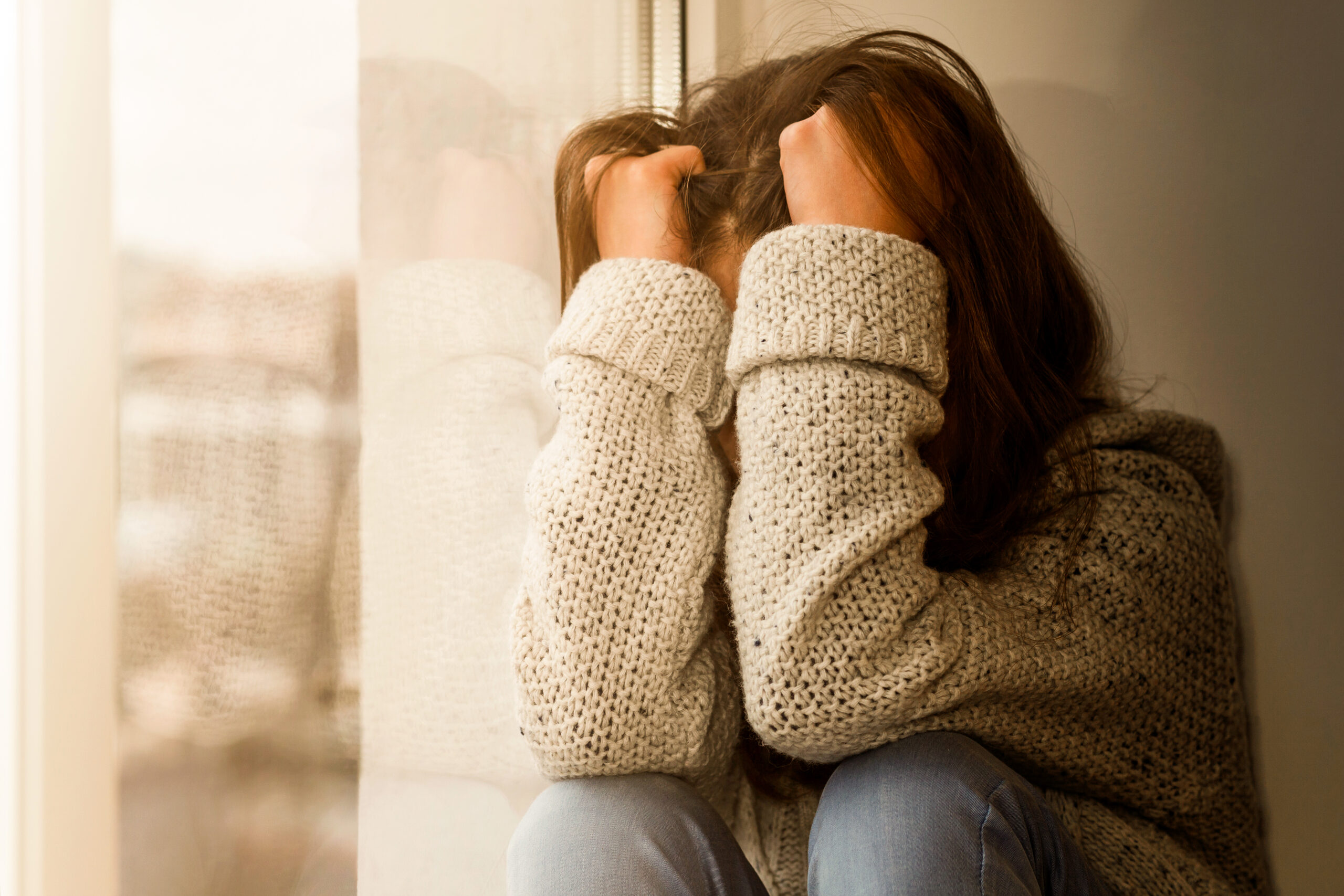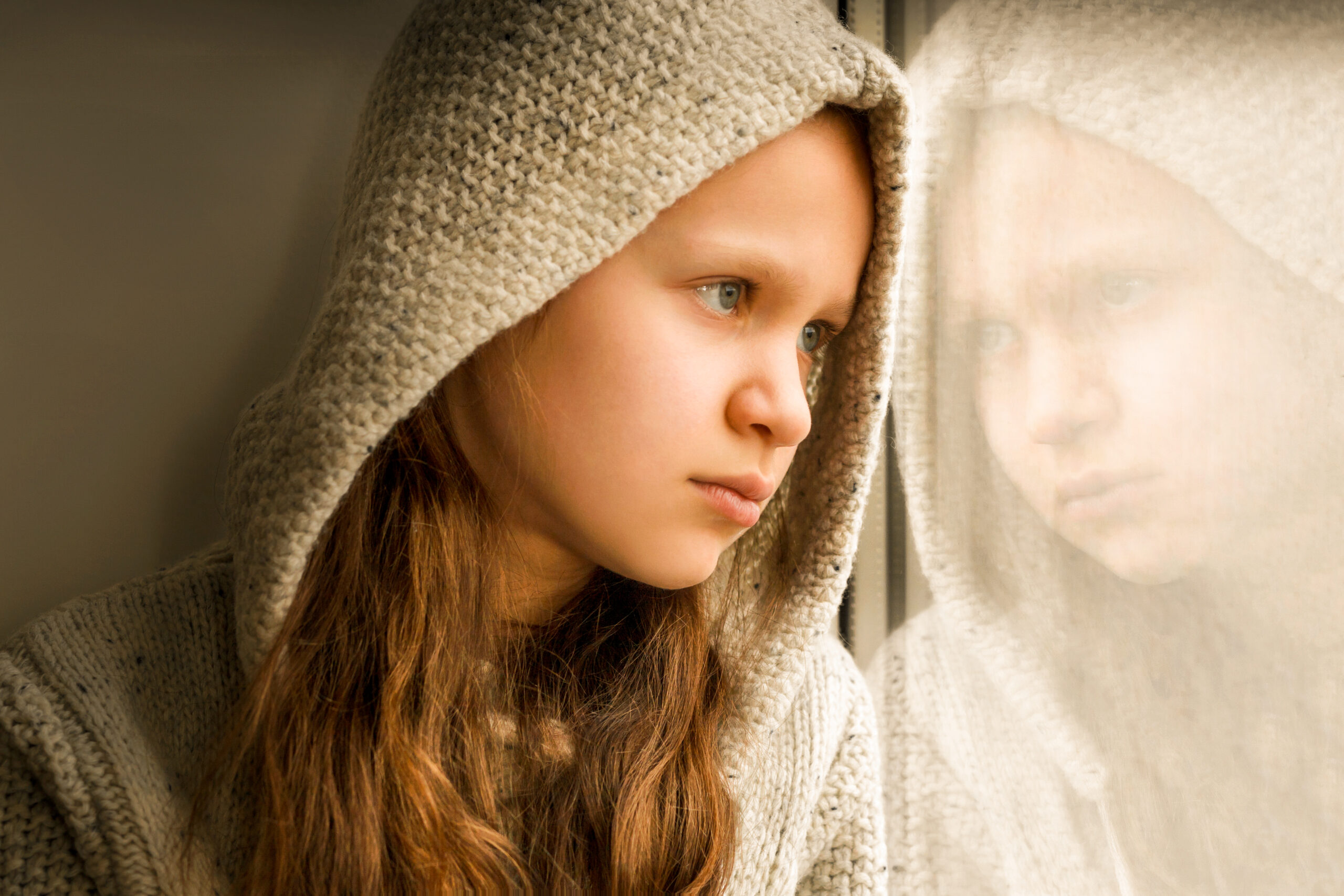Most adolescents fail to communicate their psychological problems to their parents. This is not due to mistrust, but to a number of factors that are typical for the onset of mental difficulties at this age.
Do you think you need help or at least want more clarity? Make an appointment for a no-obligation initial and diagnostic consultation or just give us a call, we will be happy to advise you and help you with everything. At our first meeting we will talk about your difficulties, find out the severity of your problems and the possible causes. We will suggest a course of action and, if necessary, select your personal therapist so that he/she not only meets your professional requirements, but also suits you humanly.


